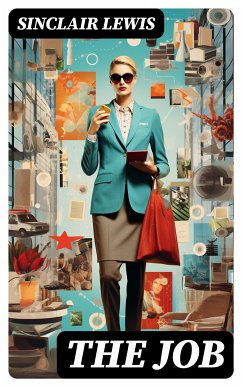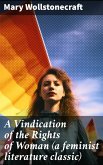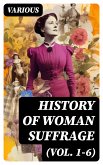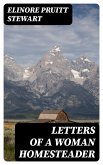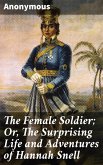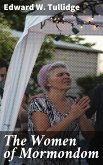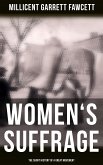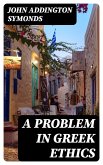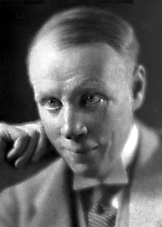Sinclair Lewis's 'The Job' is a gripping and prescient industrial novel that delves into the lives of working-class Americans in the early 20th century. Written in a straightforward and realistic style, the book vividly captures the struggles and aspirations of its characters as they navigate the harsh realities of corporate America. Through its exploration of societal issues such as labor rights and class division, 'The Job' stands as a powerful critique of the dehumanizing effects of capitalism. Lewis's use of sharp dialogue and detailed descriptions immerses the reader in this compelling narrative, making it a compelling read for those interested in social realism and American literature of the time. Sinclair Lewis, a prominent American author and social critic, drew inspiration for 'The Job' from his own experiences working in various industries. His keen observations of human behavior and the impact of economic forces on individuals are reflected in his nuanced portrayals of the characters in the novel. Lewis's commitment to exposing the injustices of the time through his writing solidifies his place as a key figure in American literary history. I highly recommend 'The Job' to readers interested in exploring the intersection of literature and social commentary. This thought-provoking novel offers valuable insights into the working conditions and struggles faced by ordinary Americans, making it a relevant and poignant read even today.
Dieser Download kann aus rechtlichen Gründen nur mit Rechnungsadresse in A, B, BG, CY, CZ, D, DK, EW, FIN, F, GR, H, IRL, I, LT, L, LR, M, NL, PL, P, R, S, SLO, SK ausgeliefert werden.

